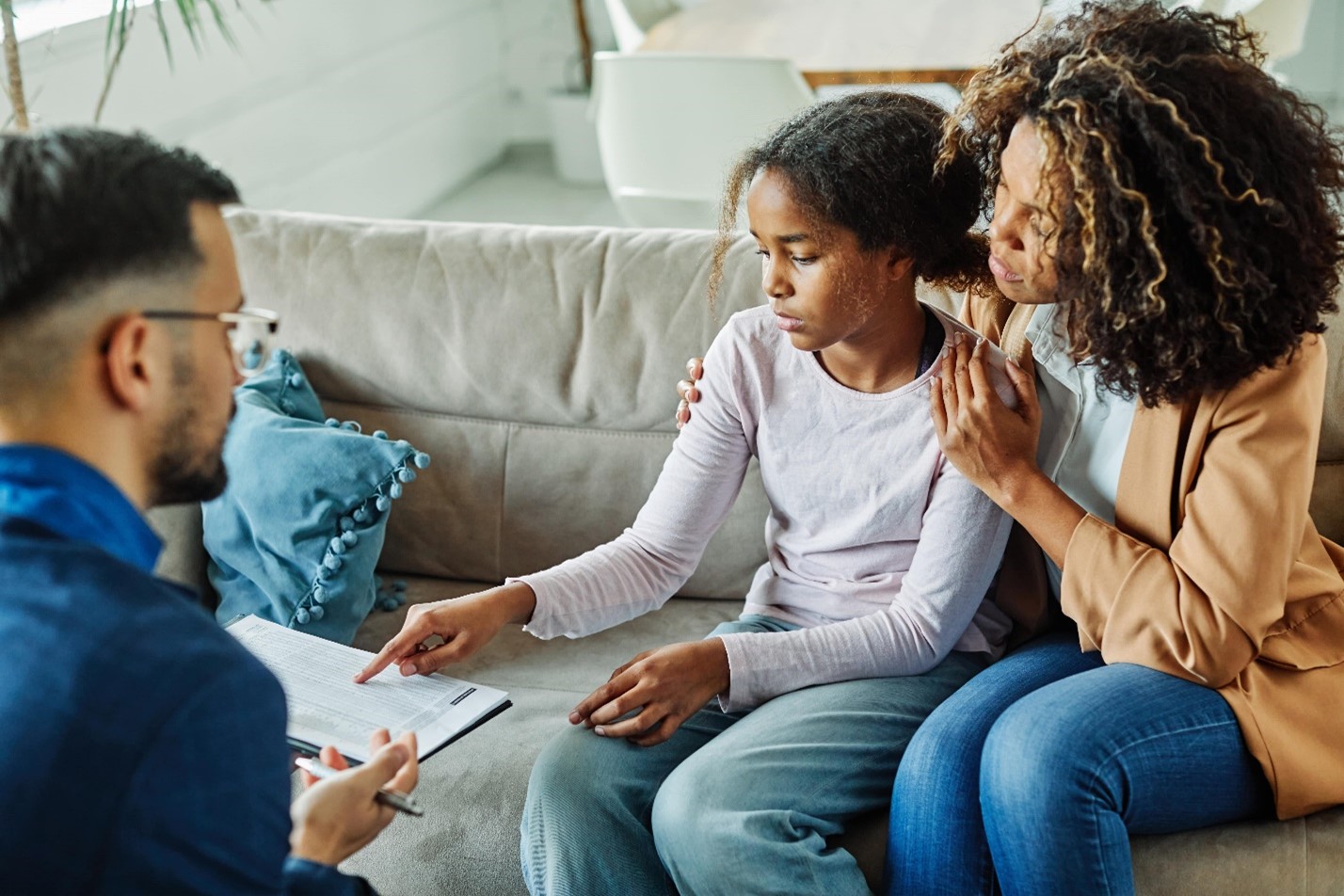The bond between parents and their children is one of the most significant relationships in life, but it is not immune to challenges. Misunderstandings, communication barriers, and generational differences can create tension, leaving both parties feeling unheard or disconnected. Parent-child therapy offers a structured and supportive environment to address these challenges, fostering stronger connections and deeper mutual understanding. In Bucks County, professionals like Stacy Amoroso Bucks County are helping families navigate these complexities through evidence-based therapeutic interventions.
Understanding the Need for Parent-Child Therapy
Modern families face an array of stressors that can strain relationships between parents and children. From the pressures of academic achievement and extracurricular activities to the ever-present influence of technology, the demands on families today can leave little time for meaningful communication. In some cases, unresolved issues from a parent’s own upbringing may further complicate their ability to connect with their child, leading to misunderstandings that feel insurmountable.
Parent-child therapy aims to address these dynamics by creating a space where both parties can express their thoughts and emotions freely. This process allows therapists to identify patterns of interaction that may contribute to conflict, helping parents and children develop healthier ways of relating to one another.
The Therapeutic Process: Building Bridges
Parent-child therapy focuses on enhancing communication, fostering empathy, and addressing specific areas of concern. The therapist’s role is to facilitate dialogue, ensuring that both parent and child feel heard and understood. This process often begins with identifying the root causes of the conflict. Whether the issue stems from behavioral concerns, emotional struggles, or external pressures, understanding the underlying factors is essential to creating lasting change.
Through therapy, parents and children are encouraged to step into each other’s shoes. For parents, this may involve recognizing how their child’s developmental stage impacts their behavior or understanding how external influences shape their child’s experiences. For children, therapy offers a chance to see their parents as individuals who are navigating their own challenges. This mutual empathy is a cornerstone of bridging generational gaps.
Addressing Generational Differences
Generational differences can be a significant source of tension in parent-child relationships. Parents often rely on the values and practices they learned from their own upbringing, while children are shaped by the contemporary culture they are immersed in. These differences can manifest in disagreements about discipline, expectations, or even how time is spent together.
Parent-child therapy provides a neutral space to explore these differences without judgment. By examining the beliefs and assumptions that each generation brings to the table, families can find common ground. Therapists help parents balance the wisdom of their experiences with an openness to their child’s perspective, fostering a collaborative approach to problem-solving.
The Impact of Unresolved Conflict
Unresolved conflict between parents and children can have far-reaching consequences. For children, strained relationships with their parents can lead to feelings of isolation, low self-esteem, and difficulty forming healthy relationships in the future. Parents, in turn, may experience guilt, frustration, and a sense of helplessness.
Therapy interrupts these cycles by equipping families with tools to navigate conflict constructively. By focusing on open communication and mutual respect, parent-child therapy helps families build resilience. This not only strengthens the parent-child relationship but also provides a model for resolving future conflicts in a healthy way.
Strengthening Emotional Bonds
One of the primary goals of parent-child therapy is to strengthen the emotional bond between parents and children. Emotional connection is the foundation of trust, which is essential for a healthy and supportive relationship. When parents and children feel emotionally secure with one another, they are better equipped to face challenges together.
Therapists often use activities and exercises designed to foster emotional connection. These may include reflective listening exercises, shared storytelling, or collaborative problem-solving. These practices help parents and children develop a deeper understanding of one another’s feelings and needs, creating a sense of safety and belonging within the family.
Overcoming Barriers to Therapy
Despite its many benefits, some families are hesitant to seek parent-child therapy. Common barriers include stigma, misconceptions about therapy, or a belief that the relationship is beyond repair. It is important to recognize that seeking therapy is not a sign of failure but a proactive step toward building a stronger family unit.
Therapists work to create a welcoming and nonjudgmental environment that puts families at ease. The focus is on growth and improvement rather than assigning blame. By emphasizing the collaborative nature of therapy, families can feel empowered to take an active role in their own healing.
The Long-Term Benefits of Parent-Child Therapy
The impact of parent-child therapy extends far beyond the resolution of immediate conflicts. Families who engage in therapy often find that the skills they learn—such as active listening, emotional regulation, and conflict resolution—become integral parts of their relationships. These tools not only strengthen the parent-child bond but also contribute to healthier dynamics in other areas of life.
Children who feel understood and supported by their parents are more likely to develop a strong sense of self-worth and emotional resilience. Similarly, parents who feel connected to their children experience greater satisfaction in their role and a renewed sense of purpose in their parenting journey.
The Importance of Early Intervention
While it is never too late to seek help, addressing issues early can prevent them from escalating into larger conflicts. Early intervention allows families to address challenges before they become entrenched, making it easier to rebuild trust and strengthen relationships. Parent-child therapy provides a framework for understanding and addressing these issues, offering families a path toward lasting connection.
Bridging the Gap
Parent-child therapy is a powerful tool for bridging the generational gaps that often create distance between parents and children. By fostering open communication, mutual empathy, and a deeper understanding of one another, therapy helps families build stronger, healthier relationships. The journey may not always be easy, but the rewards are profound—a closer bond, improved emotional well-being, and a greater sense of harmony within the family. Families who take this step are investing in a brighter and more connected future.
